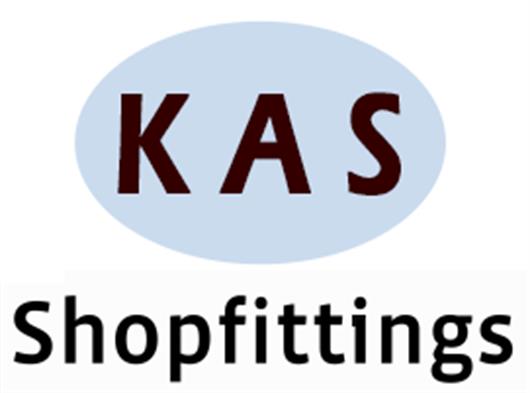 Add My Company
Add My Company
Sign In
Facial Expression Analytics
02-08-2023

The latest technology trend enabling retailers to provide a better customer experience is facial expression analytics. It may sound futuristic, but can software really tell us how customers are feeling and whether they need assistance?
The answer is "yes", thanks to the statistical analysis of biological data relating to human characteristics - a science known as biometrics. Savvy retailers are taking advantage of facial recognition software to run a more efficient operation and keep customers happy.
Facial recognition software can map a person's facial features and will store the data as a faceprint. It can be used in many different ways in bricks-and-mortar stores. One of the most useful is that it will offer tailored assistance to customers.
Recognise unhappy customers
Facial expression analytics can be used to send meaningful alerts to staff members, who can then resolve any issues, without the customer having even approached them. For example, when scanning customers' faces at checkouts, the analytics tool can ascertain whether their expressions are dissatisfied.
Once this trait is picked up by employees observing the footage, a staff member can be deployed immediately to the checkout to approach the customer who looks unhappy. If the issue is the amount of time they've spent in the queue, more checkouts can be opened up.
If some other problem has arisen during the customer's time in the store, staff can also resolve this promptly. This means that customers don't go away with a negative impression of their experience, which could lead to them leaving critical reviews online, thus affecting the brand's reputation.
Improve customer service
Customer relationship management is very important in retail, as it can increase consumer satisfaction, improve your business's performance in the marketplace and reduce costs. The software manages your relationship with individual customers and creates benefits for both parties.
Employees can gain useful information about customers to help them do a better job in terms of customer service, while dissatisfied shoppers will receive a higher standard of customer service when their emotions are recognised and acted upon.
While online retailers can find out who's shopping in their e-commerce store, it has so far been much harder to find out who's in a bricks-and-mortar store. Thanks to facial recognition, when a customer walks into a high street store, they can be instantly recognised and receive the VIP treatment.
The retailer can send text messages tailored to the individual customer, according to their shopping habits, enabling them to receive recommendations, special offers and even discount vouchers on their mobile device while they're instore.
Reduce crime
Facial recognition can also help to improve safety in stores, as security professionals can take a proactive approach to crime. For example, if someone walks into the store who has previously been banned for their conduct, whether it's shoplifting, aggression towards a staff member, or a criminal act of some other kind, they can be asked to leave the store immediately.
Studies among stores in the US, who already use the American "FaceFirst" facial recognition to spot dishonest customers as they enter and ask them to leave, show this has reduced acts of violent crime in-store by 91%.
Pay with a smile!
Another way in which facial recognition can benefit both stores and customers can be at the checkout. Customers will be able to pay for goods at the self-scan tills by simply having their face scanned. The system works by linking the customer to their account in a secure database.
The global fast food chain KFC is pioneering facial recognition technology at its restaurants in China, where diners can pay by smiling at a special screen. Software checks its database for a facial match. If one is found, the customer must provide a registered telephone number before payment is taken, as an extra layer of security.
Speed up checkouts
There are further plans to use the software at supermarket checkouts to speed up the process when customers are buying age-restricted goods at self-scan tills. Instead of waiting for an assistant to manually approve the sale, a facial scan can verify the customer's age automatically.
The shoppers' personal details don't need to be stored in a database for their age to be recognised, according to tech manufacturer NCR, who provides built-in cameras on supermarket self-service checkouts. The special cameras use computer algorithms to guess the shopper's age, based on their facial appearance.
Some customers will automatically pass the age check and will be able to pay immediately. If there is any doubt about their age and they fail the automatic facial check, the till won't let them pay. They must wait for an employee to check their physical ID manually to determine their age. The machines won't store any customer data after the transaction.
Major supermarkets Tesco, Asda and Morrisons agreed in October 2018 that they were going to trial the technology on checkouts, according to newspaper reports. With the "big three" on board, it appears the future of customer service on the high street may well lie with facial expression analytics!
Retailers can help make customers' shopping experiences as enjoyable as possible by installing the best display equipment around. KAS Shopfittings supplies a variety of shop fittings, including shelving and counters, which are available for nationwide delivery. Please give us a call on 01793 754230 for further details.
For more information on Facial Expression Analytics talk to KAS Shopfittings
Enquire Now
List your company on FindTheNeedle.

